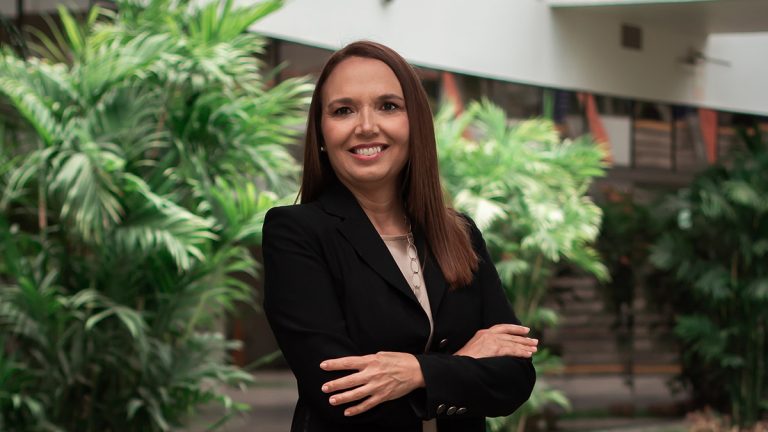Abstract
Purpose:
Drawing on psychological development and mixed embeddedness theories, the authors of the present paper seek to identify why some senior individuals in the Egyptian context actively engage in self-employment while others avoid it.
Design/methodology/approach:
The empirical sample comprised semi-structured interviews with 30 senior entrepreneurs who have pursued entrepreneurial activities for at least one year. Thematic analysis was subsequently used to determine the main ideas in the interview transcripts.
Findings:
The authors identified the following three categories of motives: cultural (religious considerations, successful global and local role models, networking and social recognition), economic (minimal required business skills and capital, zero tax and no business registration, expectations of profits and guaranteed market and insufficient pension for life needs) and ageing and individual motivations (reviving their civilisational heritage, abundance of time and escaping from loneliness). We consider these as explaining why senior individuals engage in entrepreneurial activities. Moreover, the authors found that the health status of senior individuals, negative influence on pension and limited capital available are the main reasons why some seniors avoid self-employment.
Originality/value:
This paper contributes by filling a gap in the literature on senior entrepreneurship, about which empirical studies, particularly in the context of North African economically uncertain countries, such as Egypt, have been limited so far.



